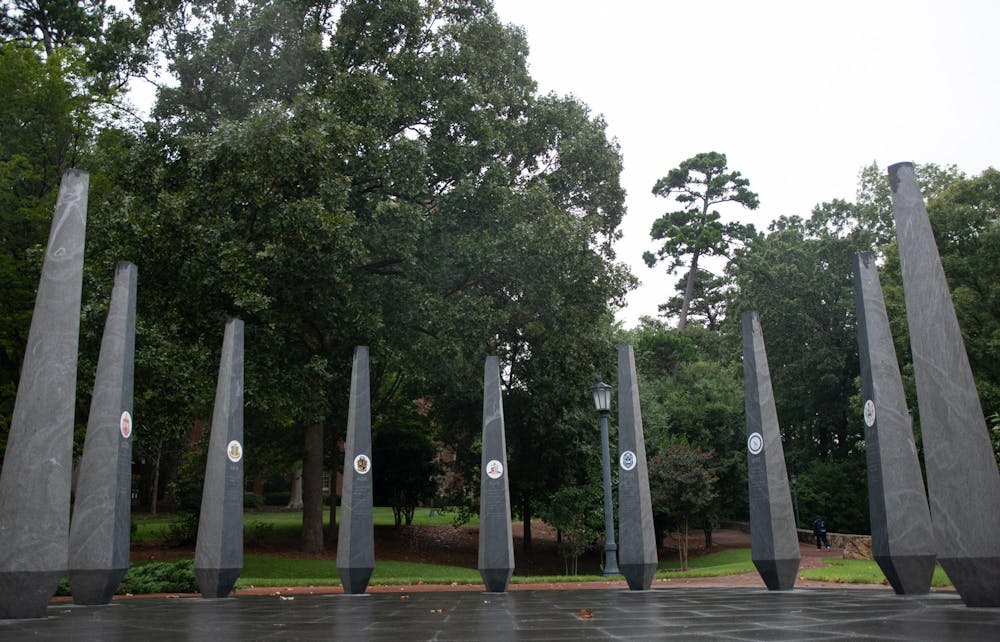UNC's diversity, equity and inclusion resources were the main reason why Raquel Hernandez, the treasurer for Latina-focused sorority Latinas Promoviendo Comunidad — or Lambda Pi Chi (LPC) — decided to come to UNC.
But after the recent defunding of DEI programs at the University, Hernandez was among many other members of cultural-interest Greek Letter Organizations who said that they are concerned for the sustainability of their fraternities and sororities, which depend on a diverse campus.
“Our organizations run off of Black and Latino students, so if we have less and less Black and Latino students coming in, who's going to run these organizations?” Obdulio Vasquez-Bonilla, the president of the Alpha Iota chapter of La Unidad Latina, or Lambda Upsilon Lambda (LUL), the Latin-focused fraternity, said. “How are these organizations going to continue to exist?”
Despite University Communications’ assurances that the DEI policy change protects student-led organizations, Vasquez-Bonilla said the decision would reduce access to DEI resources that members utilized in the past and would make these groups primarily responsible for promoting diversity on campus, instead of the University.
Bryan Sorto Hernández, who serves as the vice president for LUL, said that he was involved in UNC’s DEI Fellows Program from 2022 to 2023. He said that the program helped develop his leadership skills. The program also showed him how to look at things from different perspectives and how to be more equitable in the organizations he is involved with now.
Applications for the 2024-25 DEI Fellowship closed in March, but since the University’s removal of the University Office for Diversity and Inclusion, Sorto Hernández said he is concerned for the future of the program.
Hernandez said that the Diversity and Inclusion Office provided essential resources and opportunities for many students, most specifically first-generation, low-income and minority students.
“Those programs were a huge help for students like that and like me, because I am all three: I’m a first-gen, low-income and minority student,” she said. “So it was disappointing and sad to find out that programs like DEI that help further our academic and professional development were taken away.”
Vasquez-Bonilla said that student organizations such as LUL are the main way students from marginalized backgrounds feel welcome at the university.



